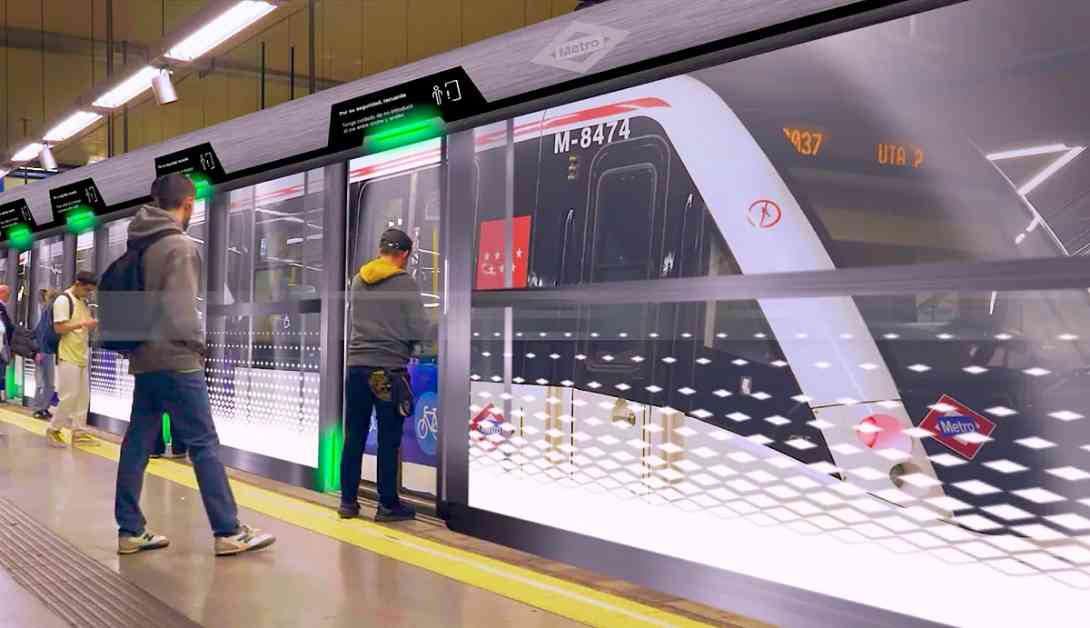The Madrid Regional Government is gearing up to introduce driverless trains on its Metro system. The Ministry of Housing, Transport, and Infrastructure will soon open the public bidding process to carry out renovation works on Line 6 of the Metro, which is the busiest line in the capital. The aim is to launch these new driverless trains.
The regional government will kick off the public tender so that interested companies can participate in a project that has an estimated investment of 129 million euros. The goal is to automate the service on the circular line of the subway to increase train frequency to every two minutes. To carry out the track renovation works, the Madrid Regional Government will need to shut down the line for six months in two different phases in the year 2025: first between June and September from Moncloa to Méndez Álvaro, and the second phase extending until the end of the year from Moncloa to Legazpi.
The works on Line 6 of the Metro will involve replacing the ballast – the stones that provide stability on the track – and the sleepers to install new ones made of concrete with new support elements. This is a similar action to what has been recently done in the southern area of Line 1, the oldest line in the network.
Additionally, the renovation works will include optimizing the track layout, installing new systems to reduce noise and vibrations, developing a new track geometry, renewing the current rail to include electric welding, and implementing a rigid catenary for the Ciudad Universitaria depots. These actions will lead to two consecutive three-month closures in the planned work sections.
This will be the first step for the driverless trains to operate on Line 6 and Line 8 towards Barajas Airport before 2030, as announced by President Isabel Díaz Ayuso. It is worth mentioning that the Ministry has already assigned the construction and delivery of these new trains to the Basque company CAF to replace the older ones that are still in operation.
According to studies from the Ministry of Housing, Transport, and Infrastructure, the new train system will allow the Metro to run trains every two minutes, increasing travel regularity by five times, as seen in major European capitals like Paris. This will also lead to energy savings due to smoother acceleration and driving of these machines, reducing track incidents and travel times.
The regional government assures that the automation will not result in job losses for train operators as they will be reassigned to other lines in the subway network. The circular line, which accounts for 16% of total subway trips, will be the first to implement automated driving. This line has seen over 90 million trips in the first six months of 2024, with an average of 400,000 passengers daily.
The same system will later be installed on Line 8, covering the stretch between Nuevos Ministerios on Paseo de la Castellana and Terminal 4 of Madrid-Barajas Airport before the end of the decade. Driverless trains will also be introduced to Madrid Nuevo Norte once the urban developments with housing and the future subway are completed.



